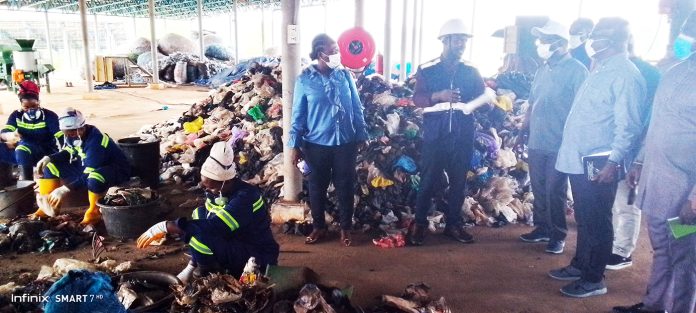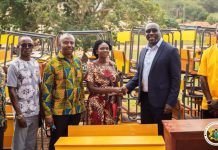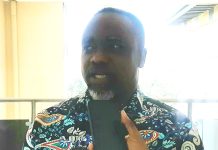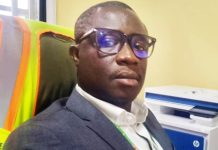WASCAL, under the funding support of the Federal Ministry of Education and Research (BMBF), Germany, has visited its improved waste to energy site, to assess its impact on Ghanaians.
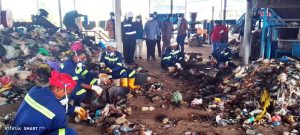
The visit was to ensure the sustainability of the pilot hybrid Waste-to-Energy (W2E) plant at Gyankobah, in the Nwabiagya South Municipality on Wednesday.
The objective of the programme is to develop an exit strategy to ensure long-term sustainability of the W2E project.
It also aims to advance waste segregation and convert various waste fractions into energy using biogas plants, pyrolysis and solar PV systems.
Dr. Bruno Korgo, Regional Coordinator, Renewable Energy and Green Hydrogen, WASCAL, explained that the facility, which commenced partial operations on April 26, 2022 is a key milestone in the project.
According to him, the project is geared towards cutting edge technology of waste treatment recovery and applications in terms of energy production.
He noted that they have opened up the volume of waste treated at the project site daily and monthly.
He said the technology that is demonstrated in the facility is to showcase not only in Kumasi or Ghana, but can be replicated in other African countries.
Dr. Bruno disclosed that the visit at the project site is part of preliminary activities for participants at a workshop to discuss the exit plan and the sustainability of the project.
He said the design and idea of the project is to demonstrate and develop innovation and functional business models that could serve any other operators or responsible public or private organisations working in sanitation and waste energy.
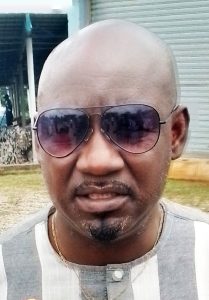
Dr. Murtala Mohammed, from CSIR-Institute of Industries, Research Science, said they are getting about ten tons of waste to the facility in the Nwabiagya South Municipality and have involved residents, since it is community owned.
He expressed the need for every government to be interested in the system, as waste has always been a challenge, noting that communities experience flooding because of the way we manage our waste system.
He said in a system which does not actually deal with the waste situation, the government should take the project seriously to benefit from its products.
According to him, the project would not only generate gas but also compost, from the processing of the waste for Agricultural purposes.

